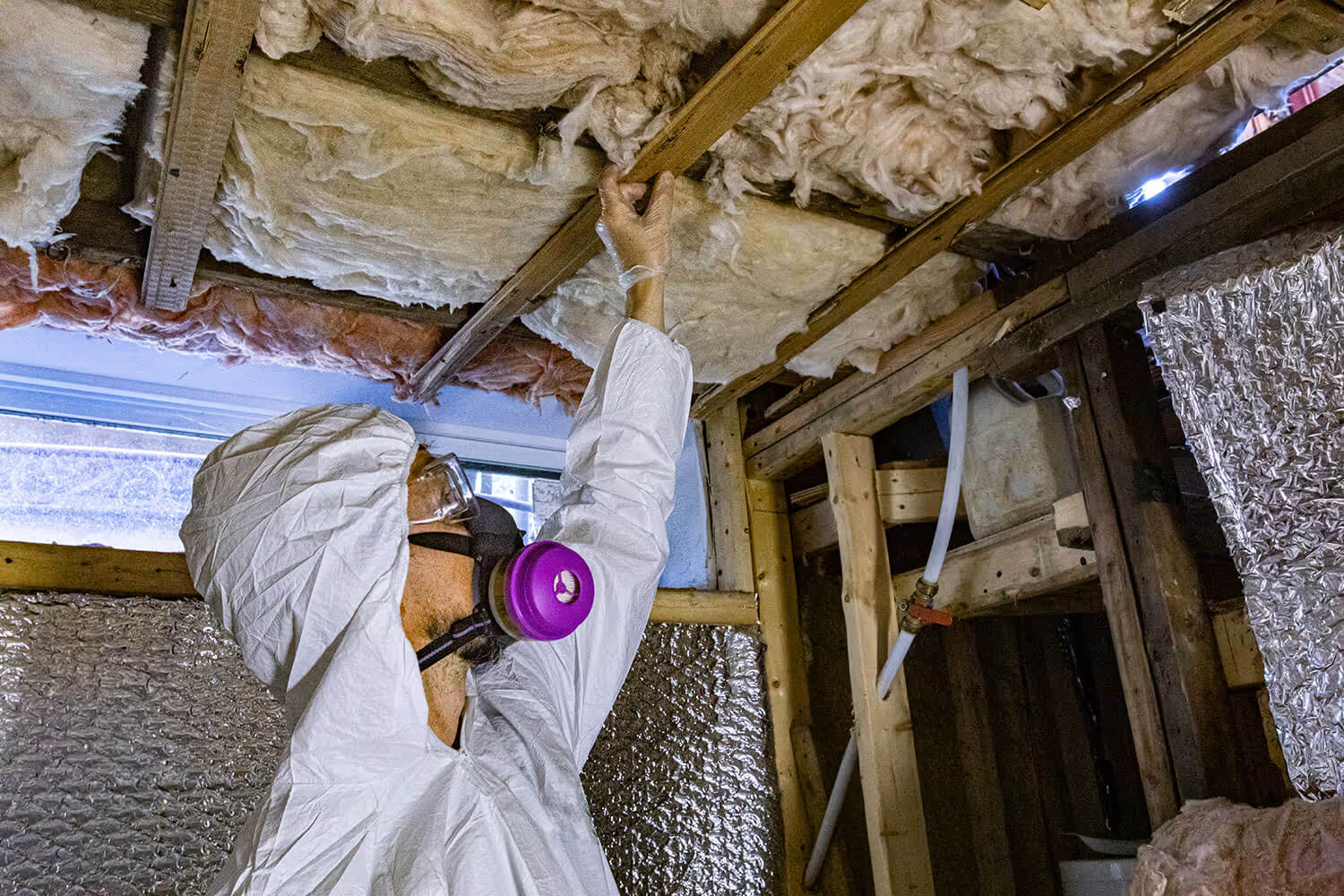DIY vs. Professional Basement Repairs

Basement Waterproofing & Repair
Basement repairs are crucial for several reasons, contributing to the overall health, safety, and longevity of your home. Here are some key reasons why basement repairs are important:
Preventing Water Damage:
Basements are susceptible to water infiltration, which can lead to extensive damage. Repairs, such as waterproofing and addressing foundation cracks, prevent water from seeping into the basement and causing structural damage, mold growth, and deterioration of building materials.
Preventing Mold and Mildew:
Moisture in basements creates an ideal environment for mold and mildew growth. These can pose serious health risks and compromise indoor air quality. Basement repairs, including waterproofing and proper ventilation, help prevent the development of mold and mildew, safeguarding the health of occupants.
Preventing Flooding and Water Intrusion:
A well-maintained basement with proper drainage systems helps prevent flooding during heavy rains or storms. Basement repairs, such as installing sump pumps and addressing exterior drainage issues, reduce the risk of water intrusion and potential flooding disasters.
Reducing Energy Costs:
Basement repairs that address issues like cracks, gaps, and poor insulation contribute to better energy efficiency. A well-sealed and insulated basement helps regulate indoor temperatures, reducing the workload on heating and cooling systems and ultimately lowering energy bills.
Enhancing Home Safety:
Water damage and structural issues in the basement can compromise the safety of your home. Repairs not only address existing problems but also help prevent potential hazards, ensuring a safe living environment for you and your family.
Complying with Building Codes:
Maintaining your basement in good condition ensures compliance with building codes and regulations. This is particularly important when selling or renovating your home, as adherence to codes is essential for legal and safety reasons.
The Depths of Basement Repairs
Getting on a journey to address basement issues can be both daunting and challenging. The decision between a DIY approach and seeking professional help is a pivotal crossroads. Join us as we navigate through the depths of basement repairs, exploring when to wield the DIY toolkit and when it’s time to call in the experts.
1. Understanding the Scope of DIY Basement Repairs
Before diving into DIY basement repairs, it’s crucial to assess your skills and the complexity of the issue. Minor cracks or simple leaks may be manageable for the DIY enthusiast, but larger structural concerns may demand professional expertise.
2. DIY Tools for Basic Basement Repairs
Equip yourself with the essential tools needed for basic basement repairs. From sealants and hydraulic cement to waterproofing paints, having the right arsenal is key to tackling smaller issues effectively.
DIY Basement Repairs
1. Surface-Level Cracks and Gaps
If your basement issues are confined to surface-level cracks or small gaps, a DIY approach may be suitable. Utilize sealants or epoxy injections to address these minor imperfections.
2. Simple Moisture Control Measures
Basic moisture control measures, such as improving ventilation and using a dehumidifier, are DIY-friendly and can contribute to a drier basement environment.
Complex Basement Repairs
1. Structural Instability
When it comes to structural issues like bowing walls, severe foundation cracks, or sinking floors, it’s time to bring in the professionals. These issues require in-depth knowledge and specialized equipment.
2. Extensive Water Damage
If your basement resembles a waterlogged cavern, especially after heavy rains, professional basement repairs are warranted. Experts can assess the root cause and implement comprehensive waterproofing solutions.
Common Mistakes to Avoid
1. Ignoring Warning Signs
DIY enthusiasts may sometimes overlook or underestimate warning signs. Ignoring subtle cues can lead to exacerbating the issue, making professional intervention more challenging.
2. Using Incorrect Materials
Choosing the wrong materials for DIY repairs can result in temporary fixes or worsen the problem. Professionals have access to high-quality materials tailored to specific issues.
Cost Considerations
1. Budget-Friendly DIY Solutions
For minor repairs, a well-executed DIY approach can be budget-friendly. However, it’s essential to weigh the potential cost of mistakes against the savings.
2. Long-Term Value of Professional Services
Investing in professional repairs may seem costlier upfront, but it often translates into long-term value. Professionals address the root cause, ensuring a lasting solution and potentially saving you money in the long run.
Striking the Balance for Basement Bliss
In the labyrinth of basement repairs, striking the right balance between DIY initiatives and professional expertise is key. Recognize the limits of your skills and the complexity of the issue at hand. Whether you’re wielding a wrench or dialing an expert, the ultimate goal is to transform your basement from a troubled abyss into a secure and dry space.
Ready to explore the best path for your basement repairs? Connect with our team, your trusted partner in creating dry and durable basements. Visit our website to learn more about our comprehensive basement and crawlspace solutions. Your journey to a secure and resilient basement begins here.
We offer financing plans, accept major credit cards and personal checks.
See what customers have to say about working with USS.
Our customer reviews speak for themselves.




